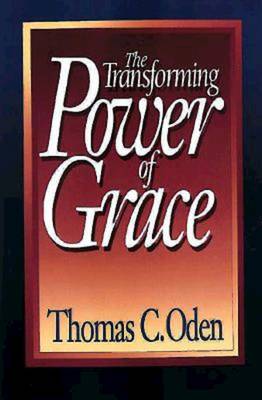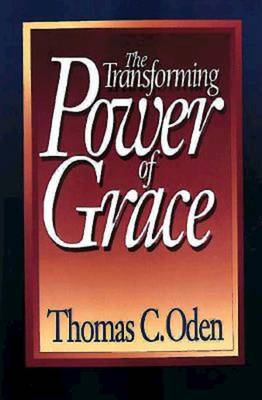
- Afhalen na 1 uur in een winkel met voorraad
- Gratis thuislevering in België vanaf € 30
- Ruim aanbod met 7 miljoen producten
- Afhalen na 1 uur in een winkel met voorraad
- Gratis thuislevering in België vanaf € 30
- Ruim aanbod met 7 miljoen producten
Zoeken
Omschrijving
How does an infinite God relate to finite human beings? How does the death of Jesus Christ bring about human salvation? How are Christians able to actively address the world's ills while maintaining their citizenship in the kingdom of God? These are questions the church grapples with today, as it always has. Yet, according to Thomas C. Oden, contemporary theology has neglected the church's traditional answer to these questions: the doctrine of grace. All too often modern theologians either ignore the doctrine of grace or relate it to the achievement of a particular political agenda. Oden asserts that only by reclaiming the centrality of grace--defined as God's self-giving through Jesus Christ in personal encounter with the individual human will--can Christian theology be true to the gospel. In order to reclaim the doctrine of grace, the author reaches back, beyond the fragmentation of theology that took place during and after the Enlightenment. He draws upon the ecumenical consensus held by early Orthodox, Roman Catholic, and Protestant theologians, councils, and creeds regarding this cardinal Christian doctrine. By adducing this ancient unity, Oden challenges modern assumptions concerning the sources and methods of the theological enterprise and calls contemporary Christians to discern what their forebears in the faith knew to be essential to the gospel: that to be a Christian is to be formed, nurtured, and upheld solely by divine grace.
Specificaties
Betrokkenen
- Auteur(s):
- Uitgeverij:
Inhoud
- Aantal bladzijden:
- 212
- Taal:
- Engels
Eigenschappen
- Productcode (EAN):
- 9780687422609
- Verschijningsdatum:
- 1/03/1993
- Uitvoering:
- Paperback
- Formaat:
- Trade paperback (VS)
- Afmetingen:
- 153 mm x 233 mm
- Gewicht:
- 331 g

Alleen bij Standaard Boekhandel
+ 72 punten op je klantenkaart van Standaard Boekhandel
Beoordelingen
We publiceren alleen reviews die voldoen aan de voorwaarden voor reviews. Bekijk onze voorwaarden voor reviews.











